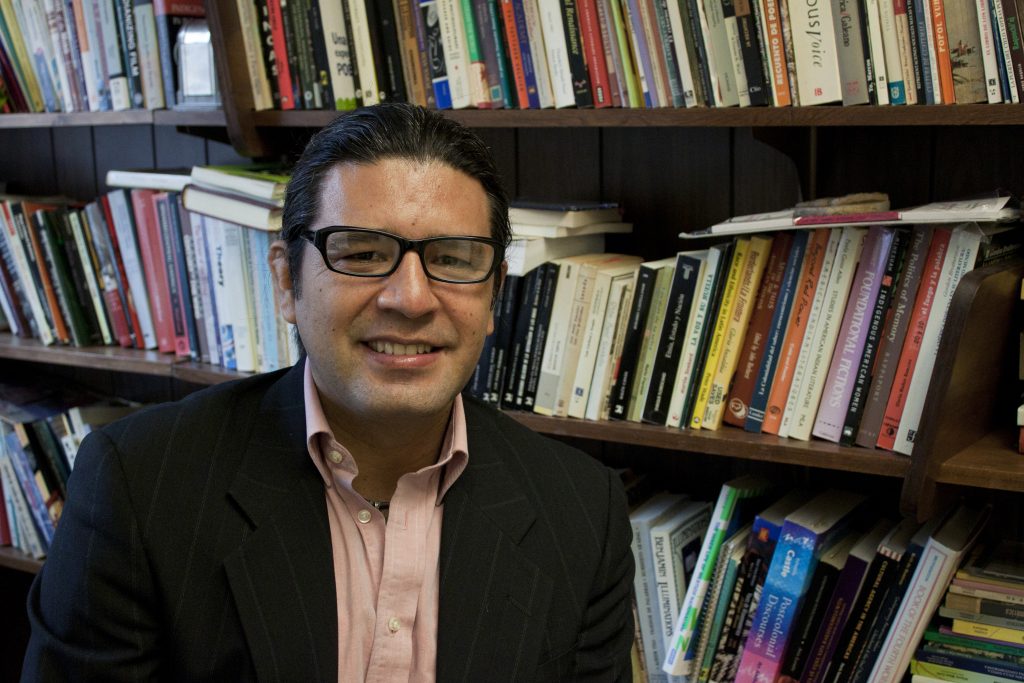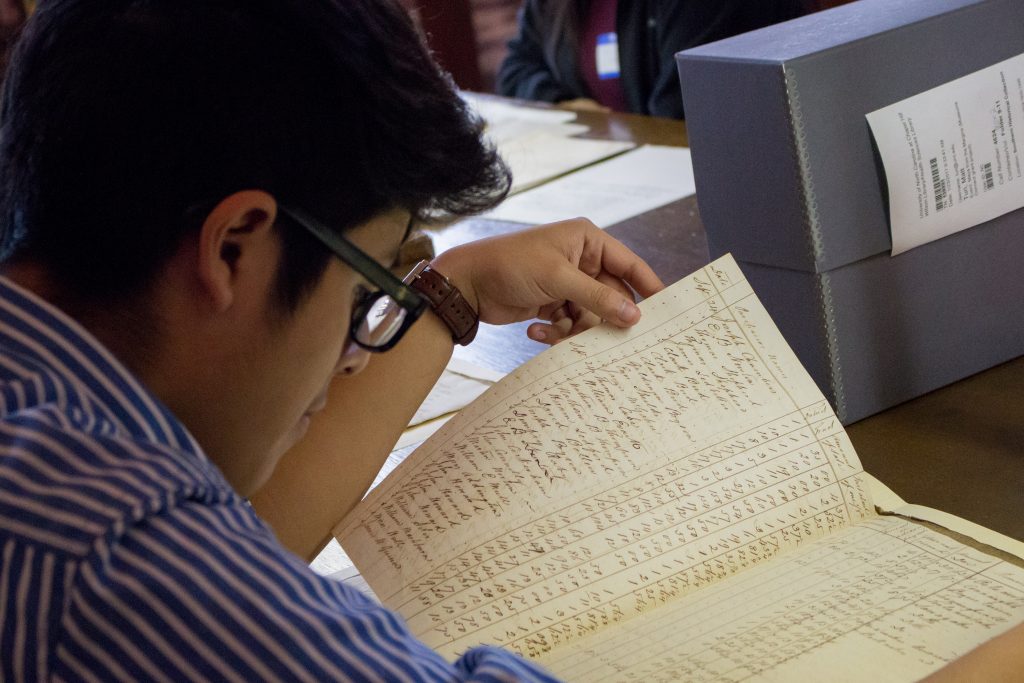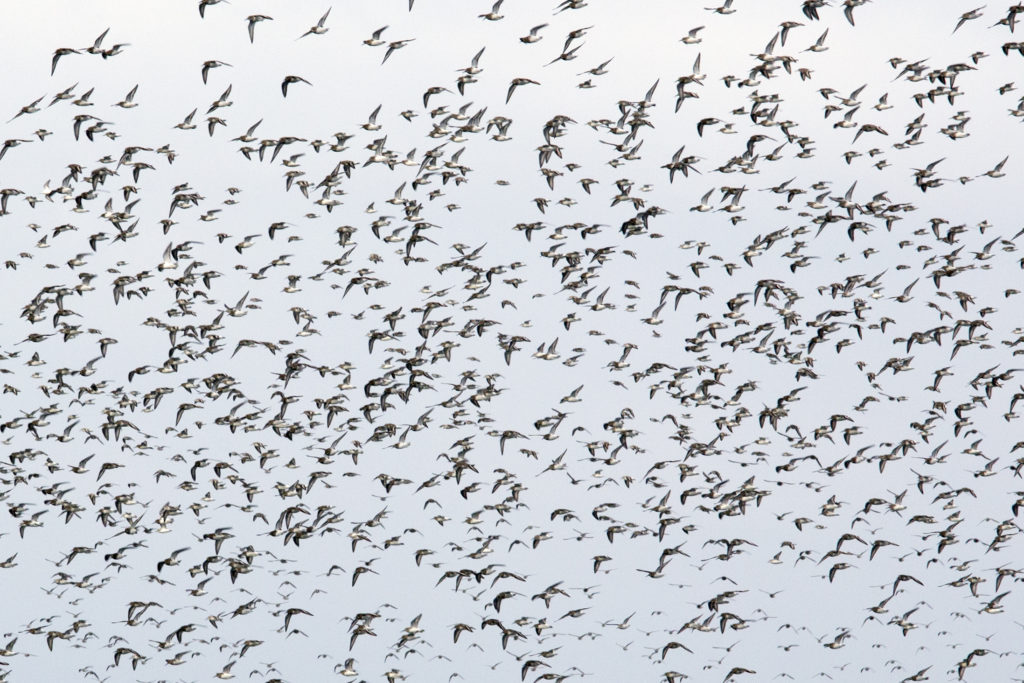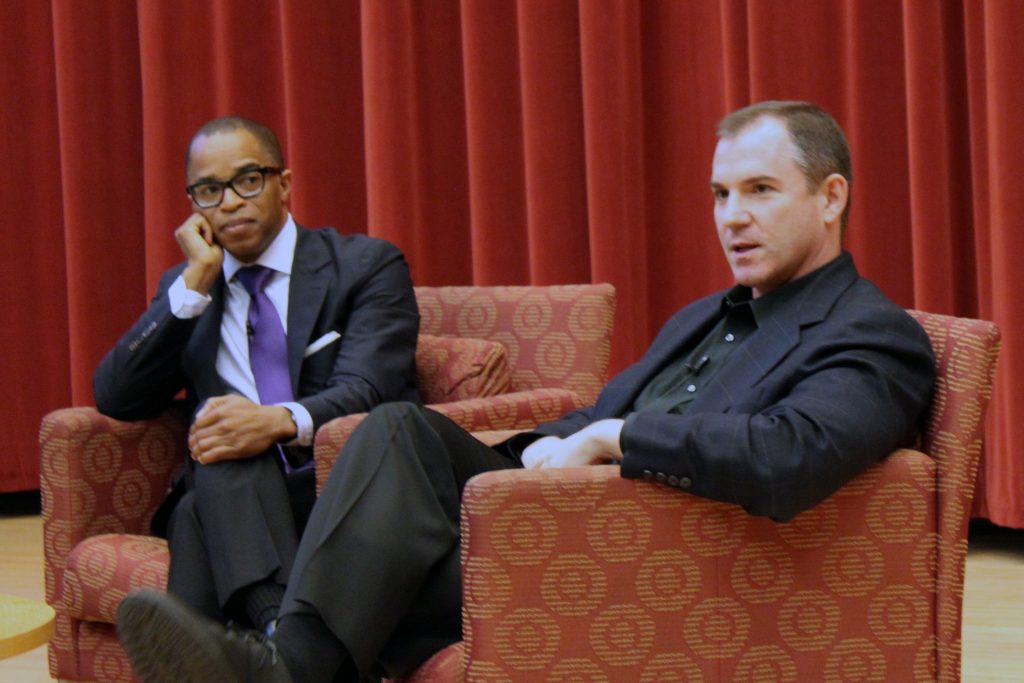
Cheng Cao is a P.hD. student studying geological sciences in UNC’s College of Arts & Sciences. Her research focuses on understanding Earth’s evolution over time, as well as the chemical processes that take place on the planet’s surface.
When you were a child, what was your response to this question: “What do you want to be when you grow up?”
It varied — businesswoman, president, inventor, and scientist.
 Share the pivotal moment in your life that helped you choose research as a career path.
Share the pivotal moment in your life that helped you choose research as a career path.
In 2015, during my junior year of college, I was fortunate enough to complete a summer internship at MIT. It was quite a challenge for me as I was the only Chinese undergrad, with no independent research experiences before then. But as I started to delve into the internship — learning lab skills, operating instruments, discussing data with my supervisor — I realized, for the first time, how much fun research is! At the end of the summer, I gave my first scientific presentation with confidence and passion. It inspired me to apply to graduate school.
What’s an interesting thing that’s happened during your research?
One time, I was weighing a bunch of rock samples. For each one, I needed to weigh a few micrograms, wrap them in aluminum foil, and then put them into the sample rack in a specific order. Because they are so tiny, there was no label outside the wrap. After three hours of nonstop work, I was finally done. While relaxing my wrist, I accidentally elbowed the sample tray, spilling all the wraps onto the floor. Oops. I was lucky to have enough samples left for another round of measurements.

What advice would you give to up-and-coming female researchers in your field?
Be determined. Doing research is not always easy. You may get frustrated and lost. But don’t give up easily. Communicate with your supervisor as well as your colleagues. You can talk to them not only about your progress, but also about your confusions and problems. I benefited a lot from their support and constructive advice.
Part of the Women in Science Wednesday series, by Endeavors magazine.




